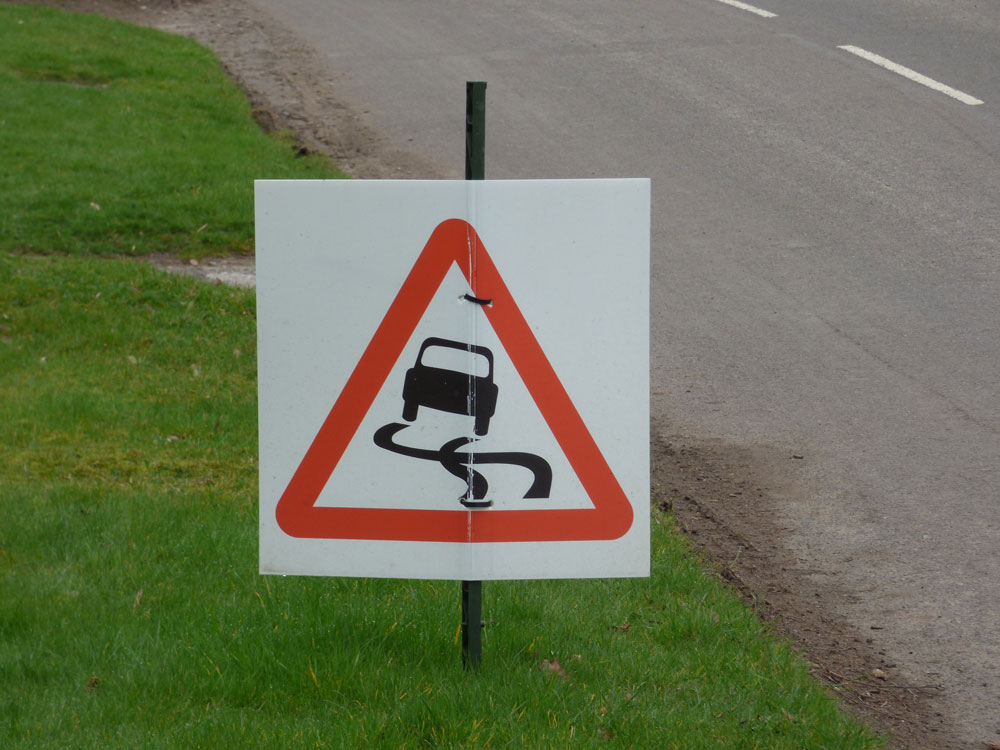
June 28, 2020; News Sun (Lafayette, IN)
As people continue to maintain social and physical distance and stay away from large crowds, organizations have been forced to rethink how they raise money. Indeed, the pandemic has challenged many nonprofits to get out of old ways of thinking, move quickly, and adjust to the changing times, enabling them to stand like palm trees—flexing and bending under the pressure of strong winds, but never breaking.
Two tools in particular have been critical in helping nonprofits have the flexibility they need to act in this nimble manner. One has been a change in foundation policy. Typically, foundation grants come with reporting requirements and many other strings that preclude rapid adjustment. NPQ has been calling for a shift in foundation practices to provide flexible support—rather than rigid grant funding rules—for years.
Fortunately, amid the emergency, many foundations have waived these requirements, and indeed, increasingly, many have committed to establishing more open grantmaking approaches. Over 770 foundations have signed the “Philanthropy’s Commitment During COVID-19 Pledge” to loosen the restrictions on current grants, make new grants as unrestricted as possible, and reduce reporting expectations. This support is critical since, for many nonprofits, traditional sources of earned revenue and event-based donor revenue have dried up, making foundation funding, at least for the moment, the most solid source of continuous revenue.
Sign up for our free newsletters
Subscribe to NPQ's newsletters to have our top stories delivered directly to your inbox.
By signing up, you agree to our privacy policy and terms of use, and to receive messages from NPQ and our partners.
A second important revenue stream, albeit a temporary one, for many nonprofits have been the forgivable loans, which are de facto grants, received from the federal government through the Paycheck Protection Program (PPP). Jessica Brodock, the executive director of the Steuben County United Way shared with KPC News, “The PPP loans have helped so many agencies. It’s been a godsend that allowed them to buy a little time.” Still, Brodock cautions, “the residual effects of COVID-19 are going to really hit, and if they haven’t hit yet, they’re going to be hitting in the next year or so, and I’m very worried.”
To maintain any funds received and continuously look for opportunities, nonprofits are moving away from the “business as usual” mindset and getting creative.
- After canceling their fundraising event, Our Daily Bread Food & Resource Center in Oklahoma shared with Stillwater News Press that they received two separate match donations totaling $85,000 from Rainwater Charitable Foundation and BancFirst. This spurred an “Un-Event” Matching Campaign, where Our Daily Bread asked donors to give by August 1, 2020, by mailing in donations.
- PeaceLove Foundation in Pawtucket, Rhode Island, shared with Stand Together that the organization redirected its focus from in-person training to recording virtual expressive arts workshops; offering a six-week series that individuals, teams, or classrooms can use on their own time.
- Alzheimer’s New Jersey initiated a “Shed the COVID-19” challenge, encouraging residents to lose weight gained staying home while fundraising for the organization. Each individual participating committed to donating $1 for every pound lost during the challenge, as shared with Central Jersey.
Many organizations have suffered drops in donations due to coronavirus. However, funders across the country have provided critical flexible support dollars amid the crisis. The ability to be agile, find ways to diversify their funding base, and work creatively to identify new sources of revenue, could help many nonprofits survive, perhaps even thrive, over the next year.—Deidre Fraser













